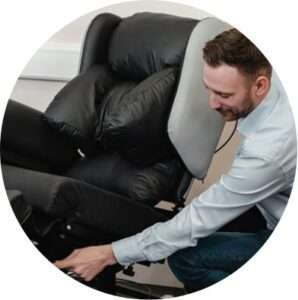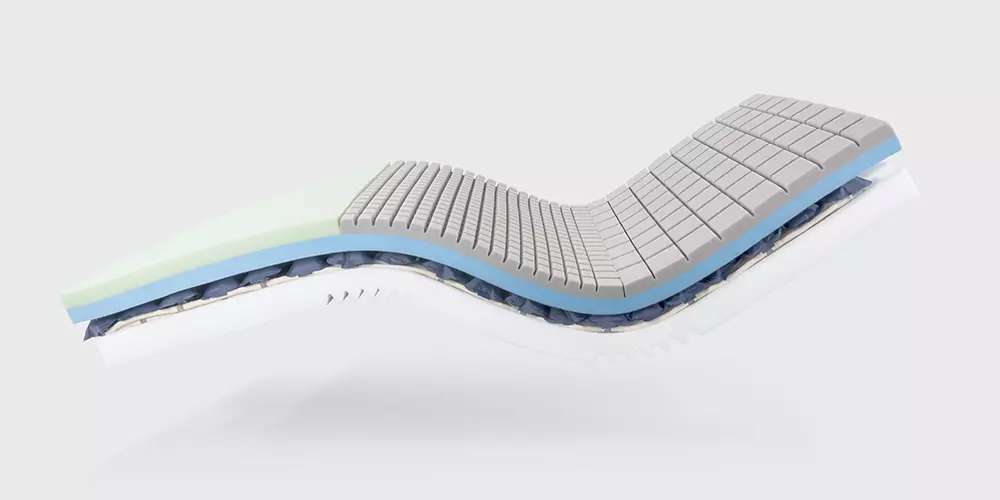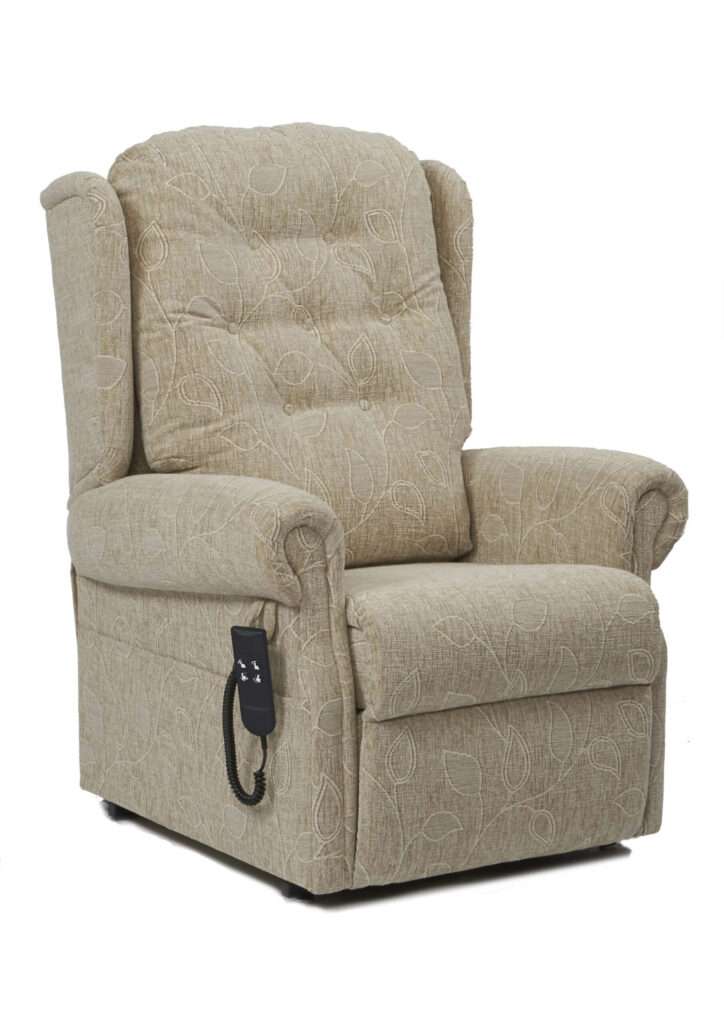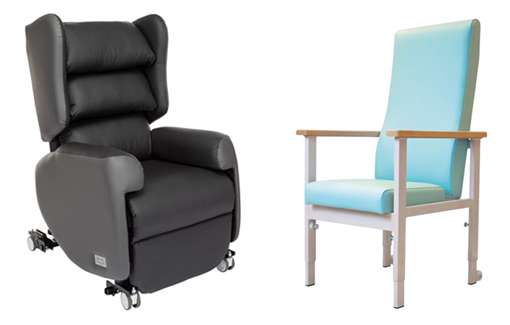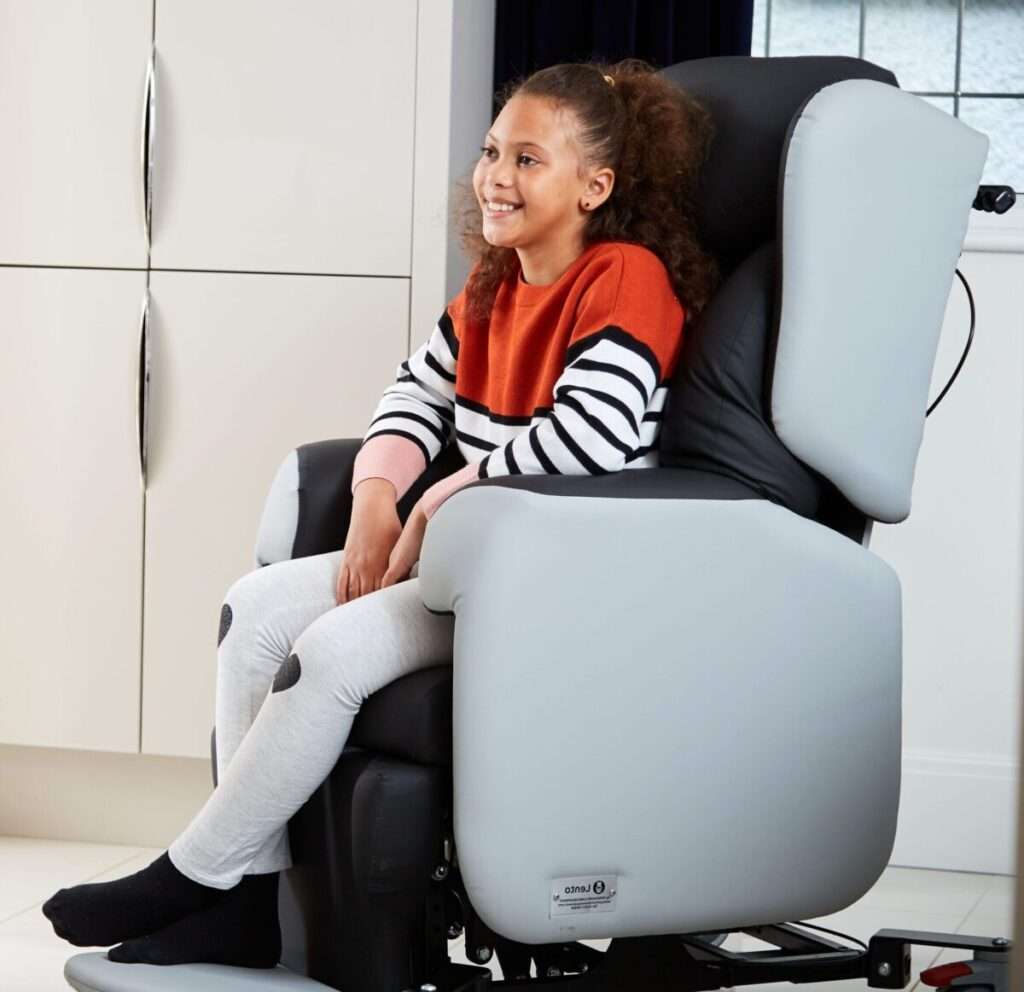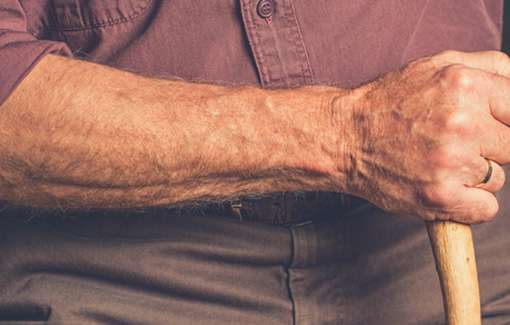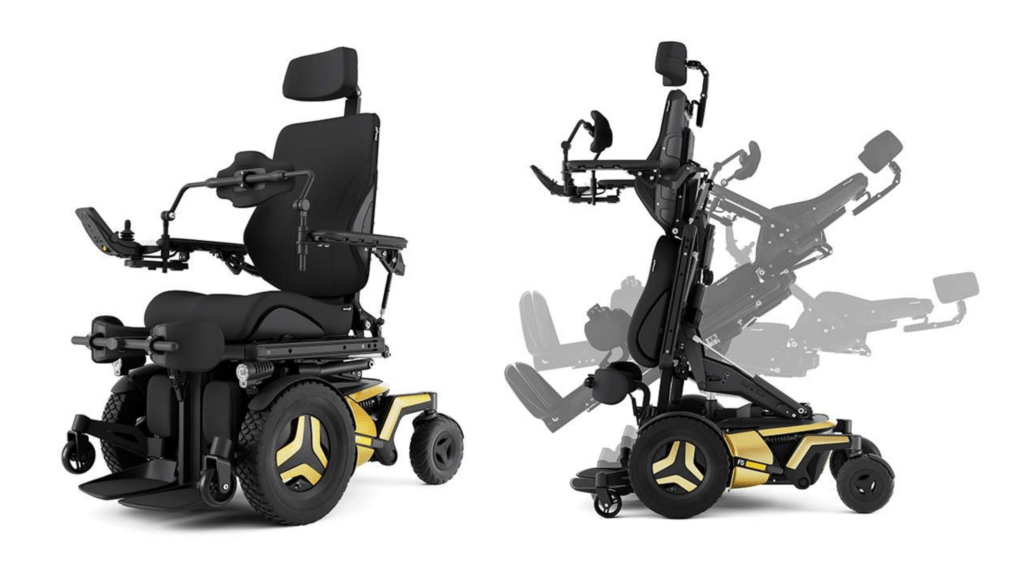Air mattresses can range in their capabilities. You can find standard models that will provide a basic level of comfort, but you can also find yourself a really high-spec air mattress that offers different air pressures and movements throughout the mattress.
Air mattresses vary a lot in what they offer, but what exactly is it that they do?
Jump straight to…
What Are Air Mattresses Used For?
Air mattresses are primarily used to prevent pressure injuries from occurring.
Pressure is a big concern in all areas of healthcare, but particularly with elderly people who spend a lot of time sat or laid down. These kinds of pressure injuries are called decubitus ulcers.
Pressure ulcers and sores are caused when the skin and underlying tissues are starved of oxygen. Especially with bony parts of our body (elbows, the posterior, heels, and even the back of the head), it’s easier for blood flow to decrease to those areas when we’re in the same position for several hours every day.
When the blood flow decreases, less oxygen reaches our skin cells. This means that the skin cells begin to die and pressure sores form in their place.

Different grades of pressure sores
How Do Air Mattresses Help?
Air mattresses are designed to prevent pressure sores from occurring in the first place. They are often referred to as anti-decubitus mattresses.
By using different motions and patterns, the air flow actually stops the build-up of pressure taking place. Consequently, this slows down any pressure injuries taking hold and promotes better circulation in vulnerable areas of the body.
Air mattresses can provide pressure relief or pressure redistribution.
Who Is Most At Risk Of Pressure Ulcers?
People who are bedbound, or spend a lot of time sat down and are unable to adjust their positioning are most at risk of developing pressure injuries. Additionally, elderly people are at risk because their skin is more fragile, and can break down faster.
Pressure Relief
Pressure relief in air mattresses specifically targets high-pressure parts of the body and reduces the amount of pressure in those sections. For example, you may find that someone feels a lot of pressure on their shoulder blades, calves, and elbows when laid in bed; the air mattress can be configured to have less air (and therefore less pressure) in sections where the shoulder blades, calves, and elbows lay.
Anti-decubitus mattresses that deliver excellent pressure relief often contain foam as well. This gives the user more flexibility and comfort when using the mattress for a long time.
The Somlent Serene is a great example of this, offering both comfort and pressure relief.
Pressure Redistribution
This is a slightly different method used in some air mattresses, by which the user’s body weight is redistributed by alternately inflating rows of cells. These are called alternating-air mattresses. The continuous movement of air keeps redistributing pressure and decreases the chance of pressure ulcers forming on bony, rigid parts of the body.
What Are Alternating Air Mattresses Used For?
Alternating air pressure mattresses are usually used to treat advanced ulcers such as Grade 3 and Grade 4 pressure ulcers.
They provide constant pressure relief to the patient, and reduce the need for the carer to manually reposition the patient.
Air mattresses mould to the person’s body shape and the air cells in areas with more pressure are deflated to reduce the chance of injury over a prolonged time.
One of the best methods of pressure redistribution is low-pressure therapy. This means that the mattress has constantly low air pressure circulating throughout, which spreads the person’s body weight. The Somlent Genius mattress utilises low-pressure therapy and is incredibly comfy.
What Is A Hybrid Mattress?
The hybrid mattress is a preferred option for some who need higher pressure relief than a foam mattress gives but don’t want the vibration of a full air mattress.
Hybrid mattresses combine the foam and air systems with a unique cell structure. The foam in the cells reduce the vibrations of the pump, yet still provide the air flow needed to support the patient. They are designed for patients who are at high risk of pressure sores, but still have a degree of mobility.
Our range of Opera beds offer the full fleet of pressure mattresses, including the Impulse Hybrid mattress.
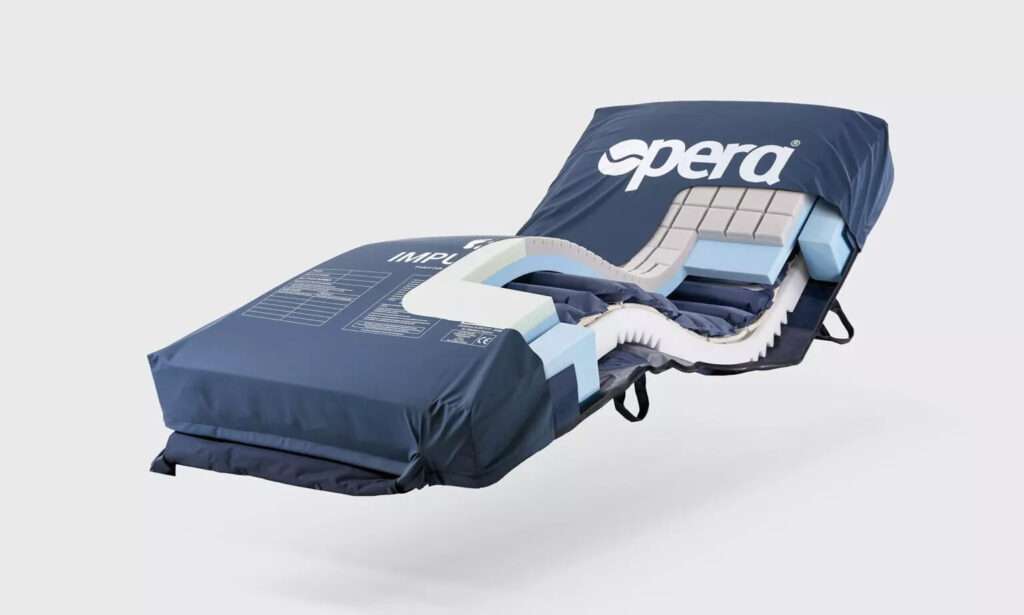
Impulse hybrid mattress
What Is Pressure Mapping?
Pressure mapping is an advanced technology that provides a visual representation of the pressure points created. The patient lies on a pressure-sensitive mat which sends readings to a computer, and creates a 3D ‘map’ of the pressure distribution with different colours. This helps health professionals determine where the areas of high pressure are (typically coloured red or orange) and create a strategy to redistribute pressure more effectively.
This technology also helps prove the efficacy of different mattresses. Pressure-mapping trials have been carried out on Innova’s range of Somlent hybrid mattresses.
Summary
The key function of an air mattress is to prevent pressure sores, but there is a wide range available depending on the degree of pressure relief required.
You can view our range of Opera beds and mattresses at our showroom, or arrange a visit from one of our qualified assessors to review your needs and specify the right solution for you.
Arrange an assessment



